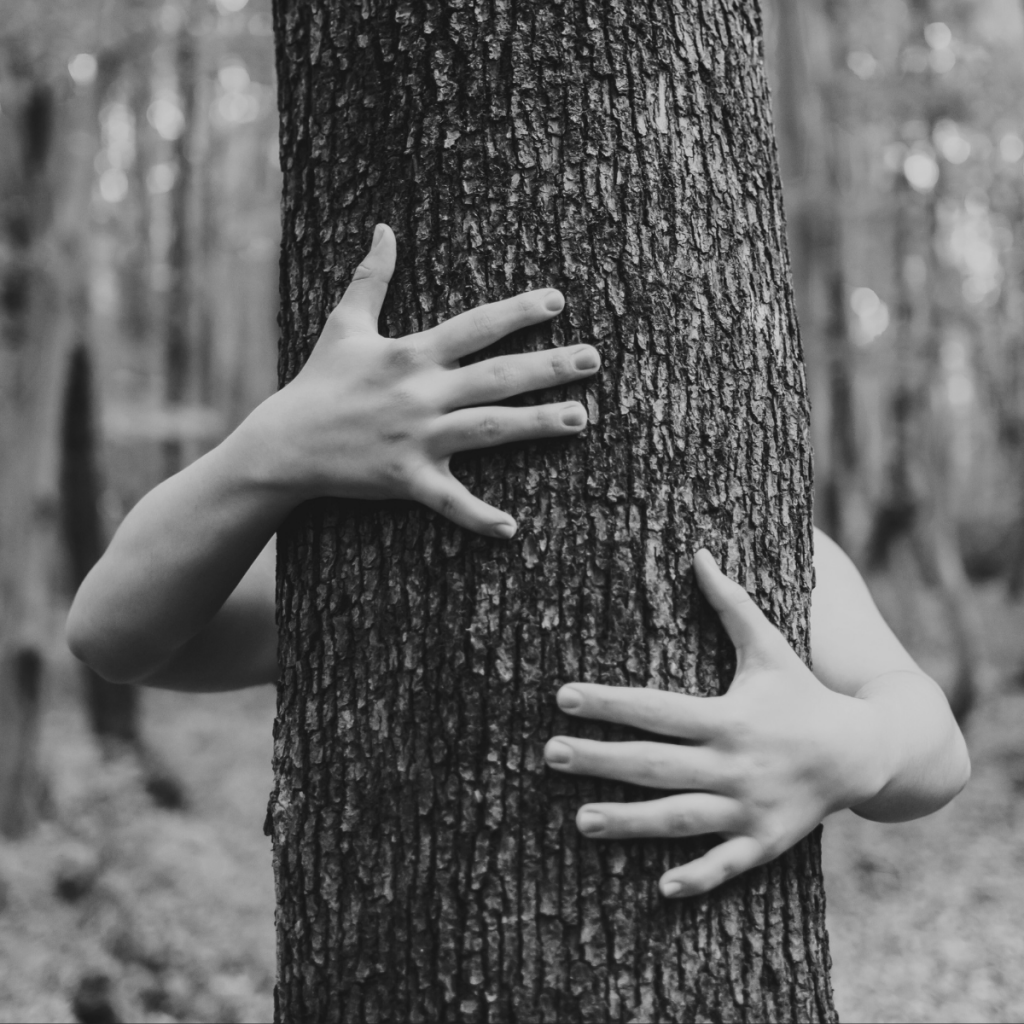Friday the 13th? Spanish superstitions and beliefs
Ah, superstitions – those age-old beliefs that make us avoid walking under ladders, breaking mirrors, and cringe at the thought of black cats crossing our paths. While many cultures have their share of superstitions, Spain has some unique ones that might make you raise an eyebrow or two. Among these superstitions is “Tuesday the 13th“, Spain’s intriguing version of the notorious “Friday the 13th“.
In many countries, Friday the 13th is synonymous with bad luck, and people are advised to be extra cautious on this date. In Spain, however, it’s Tuesday the 13th that can send shivers down the spine of the superstitious.

But why Tuesday, you might ask?
The origin of this particular superstition can be traced back to a combination of factors, including cultural, religious, and historical influences. Let’s dive into the peculiar world of Tuesday the 13th in Spain.

1. The Influence of Mars
Tuesday is “martes” in Spanish, which is derived from the Roman god of war, Mars, known as “Martes” in Latin. Mars is associated with aggression and conflict, and some believe that starting important endeavors on this day might lead to disputes and challenges. In a country with a rich history of warfare and territorial disputes, this connection to the god of war carries some weight.
2. The Martyrdom of Saint Jude
Tuesday is also associated with Saint Jude Thaddeus, one of the Twelve Apostles. While Jude is the patron saint of lost causes, his name is often invoked in desperate situations. This unique blend of martyrdom and hope could have contributed to the superstition surrounding Tuesday.
3. Historical Events
To add an extra layer of intrigue, historical events play a role in shaping this superstition. It is said that on a Tuesday the 13th in the past, King Ferdinand IV of Spain died in 1312, and his death marked a significant period in Spain’s history.
The Superstitions Surrounding Tuesday the 13th
Now that we’ve explored the origins of this superstition, let’s delve into the various customs and beliefs associated with Tuesday the 13th in Spain:
1. Avoid Traveling or Starting New Ventures: Many Spaniards, especially the superstitious ones, believe that Tuesday is an inauspicious day to begin a journey or a new project. They may postpone important decisions or actions, fearing that the day’s alignment with Mars could bring discord.
2. Fear of Bad Luck: Like the infamous Friday the 13th in other cultures, Tuesday the 13th is a day when people often fear bad luck. It’s not unusual to see people avoiding certain activities or decisions on this day.

3. Touch Wood: Just as people in other countries might say “knock on wood” to ward off bad luck, Spaniards have their own version: “tocar madera.” It’s a superstitious ritual meant to protect themselves from misfortune, especially on potentially unlucky days like Tuesday the 13th.
4. St. Jude’s Prayer: For those who don’t want to leave anything to chance, saying a prayer to Saint Jude is a common practice on Tuesday the 13th. People seek his blessing and protection, hoping to counteract the perceived bad luck of the day.
5. Triskaidekaphobia: The fear of the number 13, known as triskaidekaphobia, is not unique to Spain. However, on Tuesday the 13th, the superstition about this number intensifies, leading some people to take extra precautions.
The Lighter Side of Superstition
While these superstitions are taken seriously by some, many Spaniards treat them with a sense of humor. Just as Friday the 13th in other cultures is often the basis for horror movies and urban legends, Tuesday the 13th has inspired its fair share of jokes and jest. It’s common to share a laugh about the day’s superstitions with friends and family.
In reality, life goes on as usual on Tuesday the 13th in Spain. People continue to work, socialize, and enjoy life, even if they might give a little extra thought to their actions. It’s the intersection of cultural tradition, historical events, and religious influences that make this superstition a fascinating part of Spain’s cultural tapestry.

So, if you ever find yourself in Spain on a Tuesday the 13th, don’t be surprised if someone playfully tells you to “touch wood” or reminds you to be cautious. Whether you’re superstitious or not, embracing these quirky beliefs can be a fun way to immerse yourself in Spanish culture and share a few laughs along the way.
Just remember, superstitions are part of what makes a culture unique and colorful. And, who knows, maybe avoiding that black cat or that ladder is just the kind of quirkiness that makes life a little more interesting!
If you found this exploration of Spanish superstitions intriguing, feel free to reach out to us on WhatsApp or visit our website .





